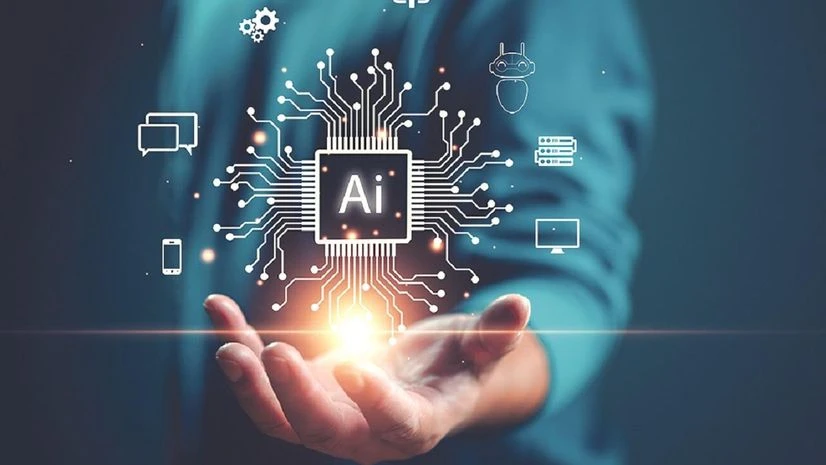Four out of five consumers will use artificial intelligence to make life-altering decisions by 2030. Moreover, 80 per cent of consumers could use AI-powered simulations in the next decade for life-altering decisions such as buying property, stocks, and more. Further, consumers could also use AI health simulations for making lifestyle changes. These are some of the insights from Ericsson ConsumerLab’s “10 Hot Consumer Trends 2030s - the AI-Powered Future” report.
The report stated that more than 60 per cent of AI technology users believe that they will not have full control over how AI will impact their lives by 2030. The figure further rises to 70 per cent for those who are sceptical about the role of AI in daily lives. While a few stated that the usage pattern of AI technology will see fragmentation in the future, more than 95 per cent of respondents believe that at least some of the AI trends will turn into reality.
Based on the responses, the report draws a few trends from the AI space that could become a reality by 2030s. Here are the details:
- Artificial shoppers: 75 per cent of respondents believe that AI shopping assistants will replace advertisements and the big technology companies will use these AI-powered assistants to influence consumer purchases.
- Generative Fashion: According to the report, six out of ten respondents agreed that humans in 2030s will use plastic surgeries to achieve the AI-generated beauty standards.
- Life simulations: Almost half of the respondents stated that users will use AI-powered simulations to reduce uncertainties in daily life. For example, the report said that humans of 2030s might simulate marriages for future changes and divorce.
- AI-assisted childcare: The report stated that AI will play a major role in assisting child care to improve children’s skills. However, 74 per cent of respondents said AI assistance in child care will reduce creative and emotional intelligence in children.
- AI in employment: AI might improve the performance and efficiency in workspaces. Additionally, 67 per cent early adopters of AI technology believe that AI will be necessary to get job positions.
- Co-existence with AI: The report stated that in future, as AIs will start getting more interconnected with each other, co-existance with AI will become difficult for humans. This argument was supported by 59 per cent of respondents.
While these AI trends paint a mixed future of AI technology, majority of the participants in the research said that AI regulations in the future will allow citizens to opt-out of using AI.
Ericsson ConsumerLab said that it took input from 6,500 early adopters of the AI technology across 13 different cities globally to draw conclusions regarding how AI will affect the consumer by 2030. The early adopters of this technology were asked to evaluate 120 digital service ideas across 15 areas, ranging from fashion and entertainment to working life and simulations.

)
